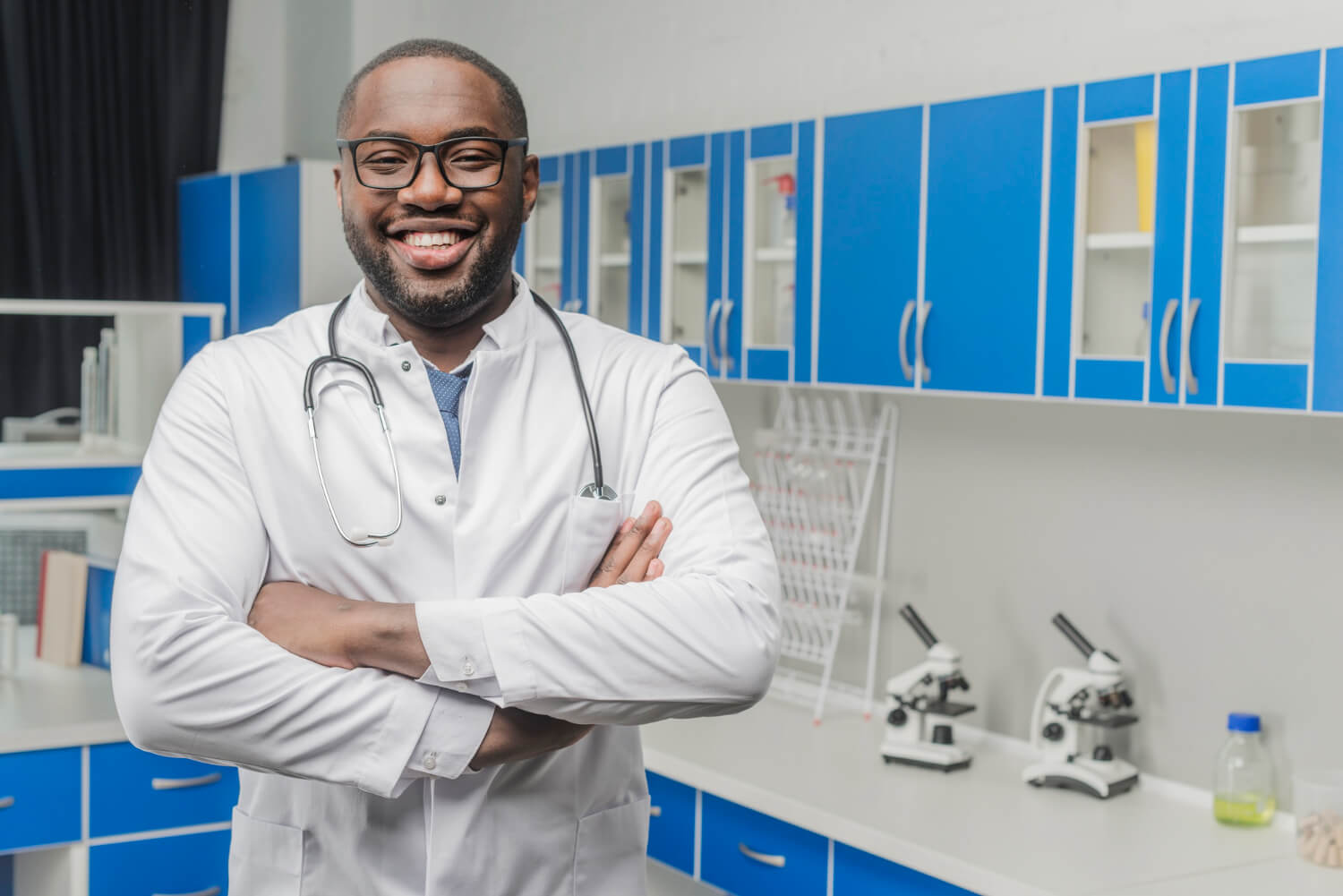Africa’s healthcare systems face a paradox. While medical breakthroughs and technological innovations are advancing globally, many African countries still struggle with high maternal mortality rates, limited access to care, and critical shortages of trained personnel. The solution? It starts — and ends — with high-quality medical professionals.
The Problem Is Not Just Infrastructure — It’s Human Capital
When the world talks about healthcare development in Africa, the conversation often centers on building hospitals, supplying equipment, or funding insurance schemes. While these are important, they miss a more pressing reality: without skilled people to run the systems, bricks and machines won’t save lives.
In many parts of sub-Saharan Africa, doctor-to-patient and nurse-to-patient ratios remain well below WHO-recommended levels. In some regions, a single midwife might serve thousands of women — a burden that leads to burnout, error, and preventable deaths.
What “High-Quality” Really Means
When we talk about “high-quality” medical professionals, we’re not simply referring to degrees or certifications. We’re talking about practitioners who are:
-
Competent — trained with both theoretical depth and hands-on clinical experience
-
Compassionate — capable of delivering patient-centered care under pressure
-
Adaptable — prepared to work in low-resource settings without compromising standards
-
Ethically grounded — operating with integrity and cultural sensitivity
-
Globally aware — understanding global health dynamics and applying international best practices locally
These are not luxuries. In Africa, where every doctor or nurse may be responsible for exponentially more patients than their counterparts elsewhere, these qualities are critical.
A Catalyst for Public Trust
High-quality professionals also help rebuild something that decades of underfunded systems have eroded: public trust. When patients see competent, respectful, and skilled nurses, midwives, and doctors, they are more likely to engage with the health system. This leads to:
-
More preventive visits
-
Earlier diagnoses
-
Better compliance with treatment
-
Lower maternal and infant mortality
Trust in healthcare isn’t just emotional — it has measurable outcomes.
Reducing Brain Drain Starts at the Source
One of Africa’s chronic challenges is the emigration of trained professionals to Europe, North America, and the Gulf. But this brain drain is not only about salaries. It’s also about opportunity, resources, and professional respect.
The solution isn’t to beg people to stay. It’s to build systems they’re proud to work in.
That begins with training institutions that focus on practical skills, ethical grounding, and professional growth.
Investing in Medical Education Is Investing in Health Security
The COVID-19 pandemic revealed the fragility of even the most advanced healthcare systems. For Africa, it was a wake-up call: the continent cannot afford to depend on external aid during crises. Instead, it must build its own resilient workforce — people trained in Africa, for Africa, and prepared to respond to pandemics, epidemics, and chronic disease burdens alike.
By expanding and elevating nursing, midwifery, and medical education, countries can move from reactive care to preventive, community-led models of health — the kind that are sustainable, affordable, and effective.
Final Thought: The Future Is in Their Hands
The next great leap in African healthcare won’t come from imported technology or foreign funding alone. It will come from our own people, standing in clinics, hospitals, and remote outposts — treating, educating, and healing.
Investing in high-quality medical professionals is not just a priority. It’s the foundation for a healthier, more independent Africa.

